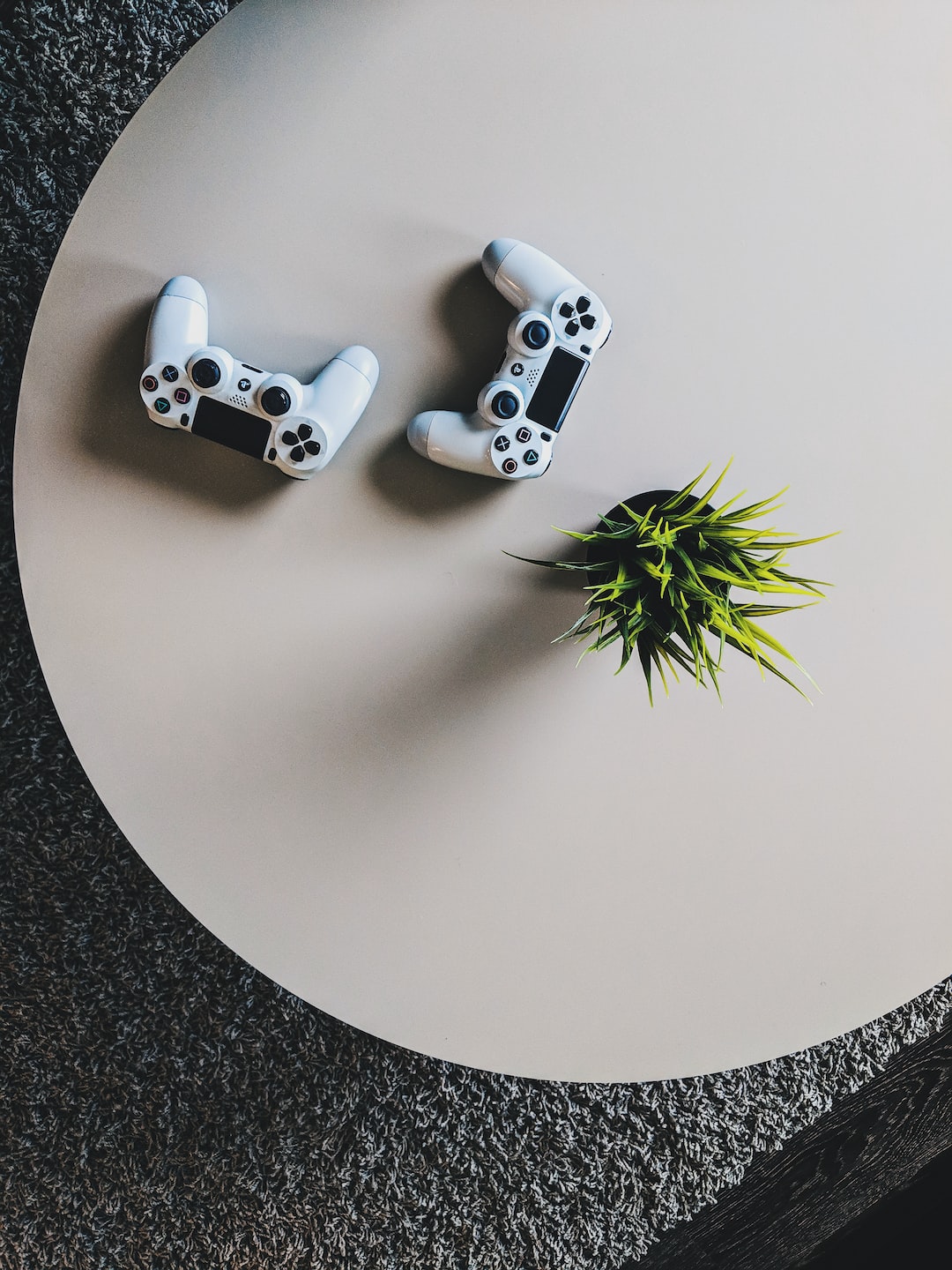The Connection Between Gaming and Mental Health
In recent years, the world of gaming has taken the entertainment industry by storm. From mobile games to advanced console gaming, people of all ages and backgrounds are immersing themselves in virtual worlds. While gaming has often been associated with negative stigmas, such as addiction and social isolation, research suggests that there may be a deeper, more complex connection between gaming and mental health.
One of the most commonly cited benefits of gaming is its positive impact on cognitive abilities. Numerous studies have shown that gaming can enhance problem-solving skills, memory, attention span, and reaction time. For instance, playing action video games has been found to improve visual-spatial skills and cognitive flexibility. These skills are crucial for real-life situations that require quick decision-making and adaptability. Therefore, gaming can potentially strengthen mental processes and enhance certain cognitive functions.
Moreover, gaming can provide a sense of companionship and social connectedness. Online multiplayer games, for example, allow players to interact with individuals from all over the world and build relationships within the gaming community. This can be particularly beneficial for those who struggle with social anxiety or have difficulty forming interpersonal connections in the physical world. The sense of belonging and shared interests that gaming communities foster can alleviate feelings of loneliness and isolation, thereby improving overall mental well-being.
Another important aspect of gaming is its potential as a form of stress relief and relaxation. Many individuals turn to gaming as a means to escape from the pressures and challenges of everyday life. Engaging in a captivating virtual world can offer a temporary respite from stressors, allowing players to unwind and recharge. In fact, some studies suggest that certain video games may serve as digital therapy, reducing anxiety and improving mood. However, it is important to note that excessive gaming or relying solely on gaming as a coping mechanism can also be detrimental to mental health, as it may prevent individuals from effectively addressing underlying issues.
Gaming also has the potential to promote emotional intelligence and empathy. Story-driven games often present complex narratives that require players to empathize with the characters and consider moral choices. This can enhance emotional understanding and perspective-taking abilities, allowing players to navigate emotional experiences more effectively in their own lives. Additionally, virtual reality (VR) technology has opened new avenues for gaming, immersing players in interactive environments that can evoke powerful emotional responses. This potential for emotional engagement demonstrates the transformative power of gaming experiences on mental well-being.
However, it is crucial to acknowledge that gaming addiction is a legitimate concern. Excessive gaming can lead to neglecting other aspects of life, such as relationships, work, and physical health. When gaming starts to interfere with daily responsibilities, it is important to seek help and establish healthy boundaries. Like any form of entertainment, moderation is key, and self-awareness is vital to ensuring that gaming remains a positive force in one’s life.
In conclusion, the connection between gaming and mental health is a complex and multifaceted one. While excessive gaming can have negative effects, when approached mindfully and in moderation, gaming can provide cognitive stimulation, social connectedness, stress relief, and emotional growth. As gaming continues to evolve and become more integrated into our lives, it is essential to recognize and promote the positive impact it can have on mental well-being. By understanding and harnessing the potential benefits of gaming, we can create a healthier and more balanced relationship between gaming and mental health.

